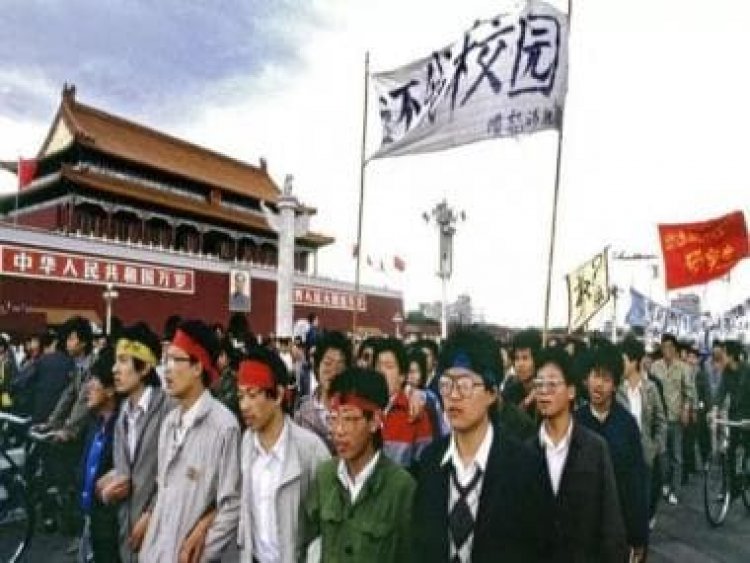Bao Tong, pro-democracy icon, remains elusive for Chinese youth bound by China’s stringent censorship norms
Bao Tong, pro-democracy icon, remains elusive for Chinese youth bound by China’s stringent censorship norms

New Delhi: A champion of political reform in the 1980s during pro-democracy protests in China, Bao Tong, the senior most Communist Party official who had been imprisoned over the Tiananmen protests that had shaken Beijing in 1989, died quietly this week. He was 90.
Not surprisingly, however, the news of Bao’s death drew little or no reaction from his fellow countrymen, many of whom may not even know of his death in China, where the state keeps a watchful eye on the internet and social media platforms are heavily censored. Search engines too spew content fed by the state-run media.
Back in 1989, the Communist Party had expelled Bao and jailed him for seven years soon after crushing the historic pro-democracy movement, the epicentre of which was Tiananmen Square in Beijing. In the years that followed, the historic protests at Tiananmen effectively disappeared from China’s public record and so did all mention of the massacre, whose exact toll still remains unclear.
Decades later, till today, a search for Bao’s name on Weibo, China’s heavily censored domestic version of global platform Twitter, yields no results. The screen says they cannot be displayed due to “relevant laws and regulations”.
For the Chinese youth of today, Bao’s name does not ring a bell as a result of the Communist Party’s harsh crackdown on any topic related to the 1980s protests, or any other form of dissent. Chinese activists, globally mourned his passing this week, in a number of countries— excepting his motherland China.
Condolences have poured in from other countries after his son Bao Pu confirmed his death earlier this week, saying his father had died peacefully on Wednesday morning in Beijing, the city that was his home for decades.
In the 1980s, Bao was a top aide to Zhao Ziyang, then general secretary of the Communist Party. It is the same post now held by Chinese President and world leader Xi Jinping. Zhao had been in favour of reform and a leading figure of that faction within the party.
Born in 1932 in China’s eastern Zhejiang Province, Bao joined the Communist Party in 1949, the same year it wrested control of mainland China. In the 1980s, he rose to become political secretary to Zhao when he was the premier and subsequently general secretary. He served as a member of the party’s central committee and director of its political reform office.
Bao helped draft political and economic reforms to overhaul the structures of power that had been largely left unchanged since Mao Zedong’s death in 1976.
In 1989, as the pro-democracy protests grew and engulfed more of China, the rigid hardliners in the party became more and more worried about their future. The protests were crushed brutally and the political reformists lost. The careers of both Zhao and Bao, who had openly sympathised and were in sync with the protesters came to an abrupt end just days before the infamous massacre on 4 June at Tiananmen Square in Beijing.
Read all the Latest News, Trending News, Cricket News, Bollywood News,
India News and Entertainment News here. Follow us on Facebook, Twitter and Instagram.
What's Your Reaction?

























































